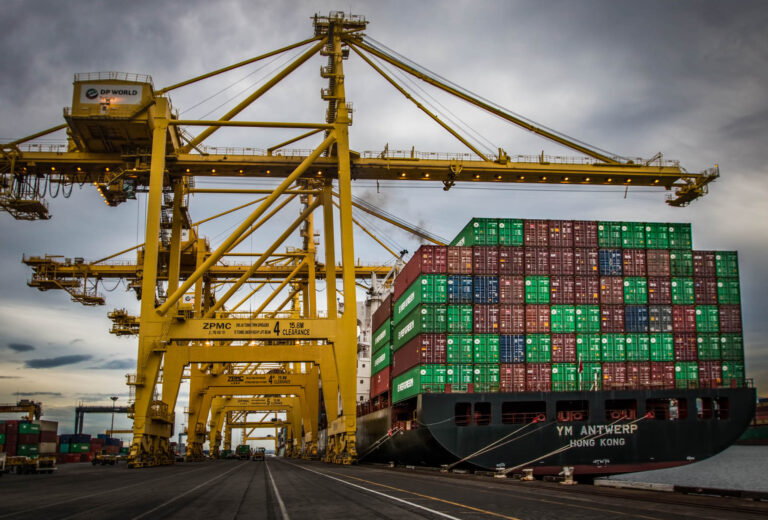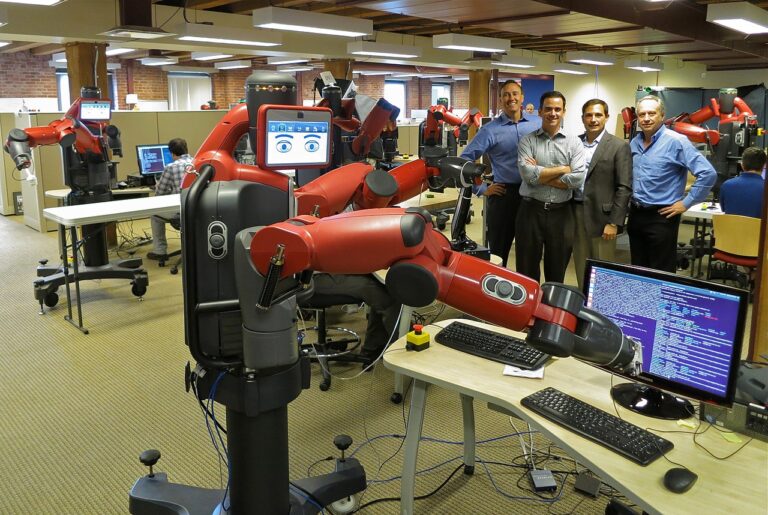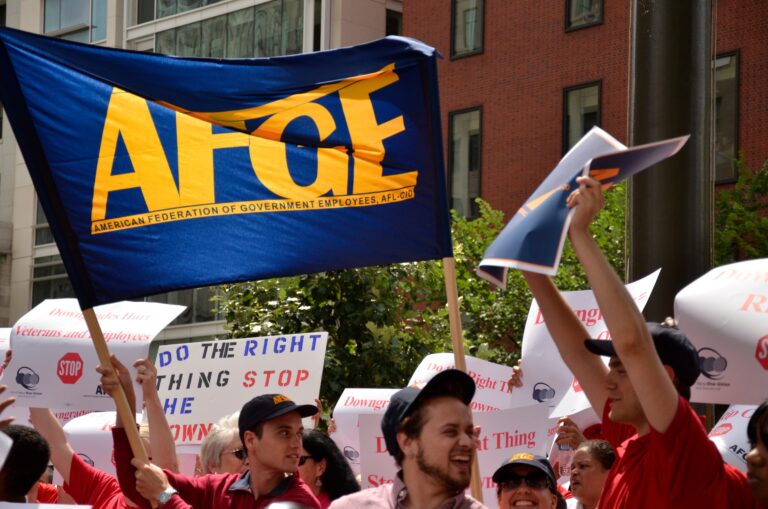China has announced that it will ease its one-child policy and abolish its “re-education through labor” camps, the Wall Street Journal, L.A. Times, and New York Times report. The announcement, made in a document signed by President Xi Jinping, described the policies as a call for economic renewal and social improvement. Allowing urban couples to have two children is expected to address international criticisms of forced abortions in China while mitigating the demographic toll of the country’s rapidly aging population. Abolishing the labor camps — which allowed police to imprison people without meaningful judicial review — is another human rights reform that government officials included as part of a broader document dealing with economic changes intended to encourage private investment.
Boeing has no plans to renegotiate with the International Association of Machinists after the union voted down a contract that would have kept production of Boeing’s 777X airliner in the Seattle area in exchange for lower benefits, the New York Times reports. At a news conference company executives suggested that the new airliner series could still be built in Seattle but that the company was also looking to Japan and other sites. Steven Greenhouse of the New York Times profiles Washington government and union officials who are optimistic that the company will continue to produce its 777X series in the Puget Sound area.
In another contract dispute, San Francisco’s Bay Area Rapid Transit board has ordered the agency to restart negotiations with the area’s two largest transit unions due to what it calls an erroneous provision included in the labor contract, the New York Times and L.A. Times reports. The contract, which settled a widely publicized labor dispute this fall, included a family medical leave provision that gives union workers up to six weeks of paid time off each year. BART officials claim it was not their intention to include the provision, which would be too expensive to maintain.
A New York Times feature this weekend profiles the long-term joblessness — unemployment lasting six months or more — currently experienced by more than four million people in the United States. The Times suggests that people out of work for such a long time experience discrimination in hiring on the basis of their unemployment, which makes it significantly more difficult for them to find jobs compared to others who have been out of work for only a few months.






Daily News & Commentary
Start your day with our roundup of the latest labor developments. See all
December 8
Private payrolls fall; NYC Council overrides mayoral veto on pay data; workers sue Starbucks.
December 7
Philadelphia transit workers indicate that a strike is imminent; a federal judge temporarily blocks State Department layoffs; and Virginia lawmakers consider legislation to repeal the state’s “right to work” law.
December 5
Netflix set to acquire Warner Bros., Gen Z men are the most pro-union generation in history, and lawmakers introduce the “No Robot Bosses Act.”
December 4
Unionized journalists win arbitration concerning AI, Starbucks challenges two NLRB rulings in the Fifth Circuit, and Philadelphia transit workers resume contract negotiations.
December 3
The Trump administration seeks to appeal a federal judge’s order that protects the CBAs of employees within the federal workforce; the U.S. Department of Labor launches an initiative to investigate violations of the H-1B visa program; and a union files a petition to form a bargaining unit for employees at the Met.
December 2
Fourth Circuit rejects broad reading of NLRA’s managerial exception; OPM cancels reduced tuition program for federal employees; Starbucks will pay $39 million for violating New York City’s Fair Workweek law; Mamdani and Sanders join striking baristas outside a Brooklyn Starbucks.